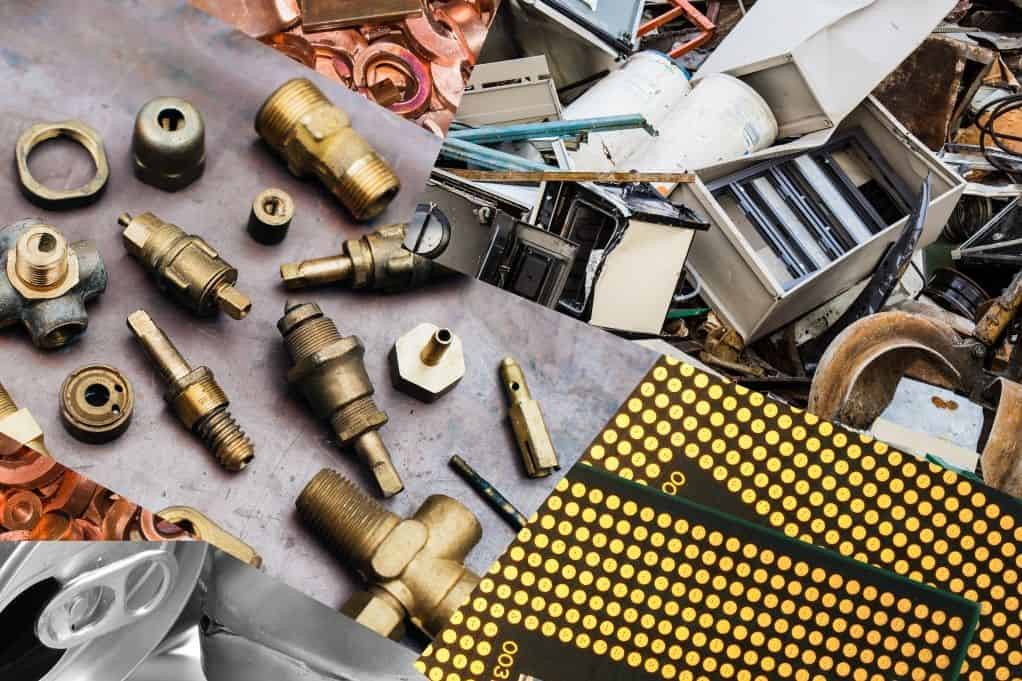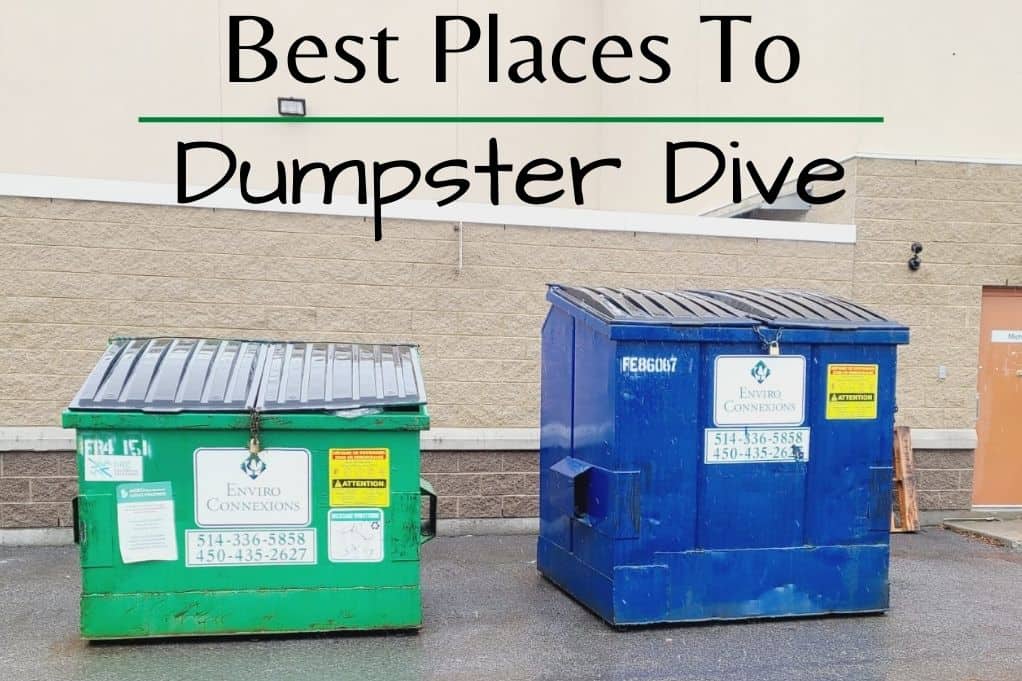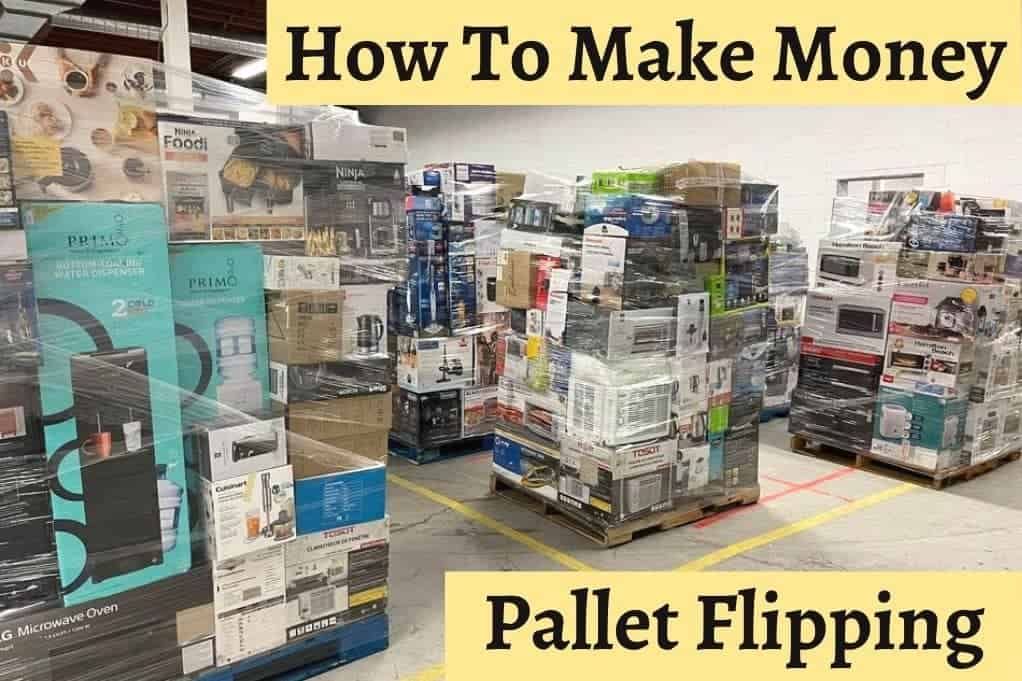Find A Scrap Yard Near Me: Metal Prices, Locator & Guide
Are you looking for a place to dispose of old electronics and other metal recyclable materials? Check out your local scrap metal yard!
These facilities offer a convenient way to get rid of your unwanted junk and earn some cash in the process.
Some scrap metal yards even offer free pickups.
So, if you’re wondering, “How do I find a scrap yard near me?” it’s as easy as using our scrap yard locator below.
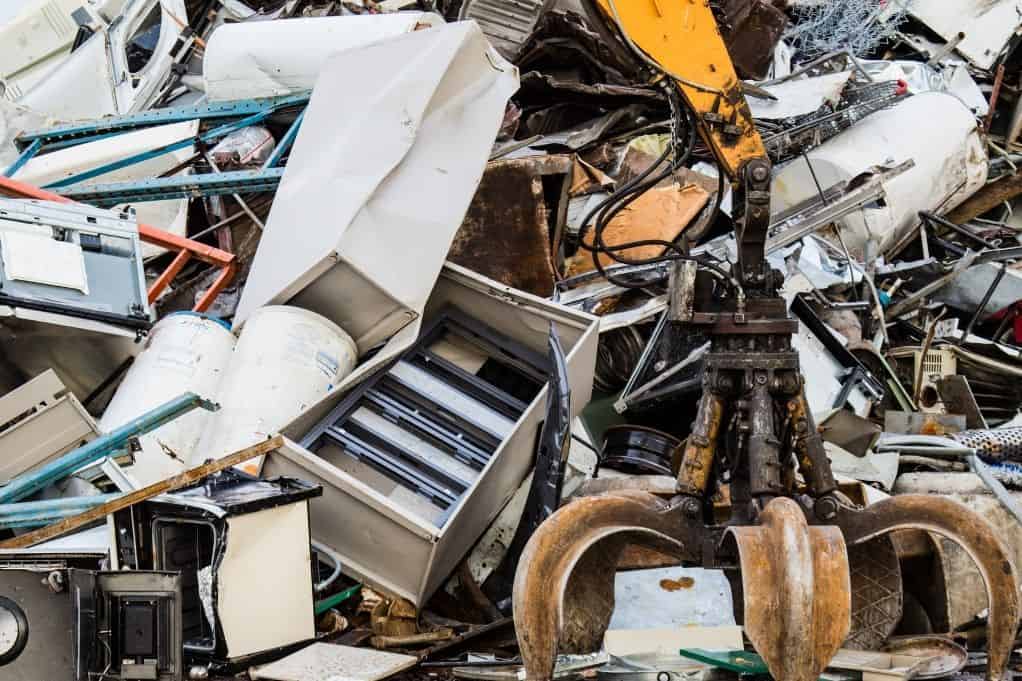
Scrap metal prices
Scrap metal prices are constantly changing, but we’ve compiled a handy list of some popular metal categories for you to review.
The following table contains the national average scrap metal prices by weight per pound or ton as of 2023-10-06.
You can stay up to date with current scrap metal prices using the iScrap App and even set notifications for price changes.
| Metal | Price |
|---|---|
| Brass | $1.87 lb |
| Brass Pipe | $2.01/lb |
| Brass Shells | $1.73/lb |
| #1 Bare Bright Copper Wire | $2.95/lb |
| Stainless Steel Breakage | $0.20/lb |
| Light Iron | $136.94/ton |
| Aluminum Scrap | $0.41/lb |
| Clean Roofing Copper | $2.69/lb |
| Aluminum Cans | $0.43/lb |
| Cast Iron | $202.55/ton |
| Bronze | $2.20/lb |
| Dishwasher | $144.08/ton |
| Dryer | $144.76/ton |
| Laptops | $0.60/lb |
| Motherboards | $1.65/lb |
| PC Tower | $0.15/lb |
| Cellphones | $0.71/lb |
| Complete Car | $180.36/ton |
| Christmas Lights | $0.16/lb |
High Paying Scrap Yard Near Me
To locate the closest scrap yards in your area, click on the button below. For the most accurate results, Google will need access to your location.
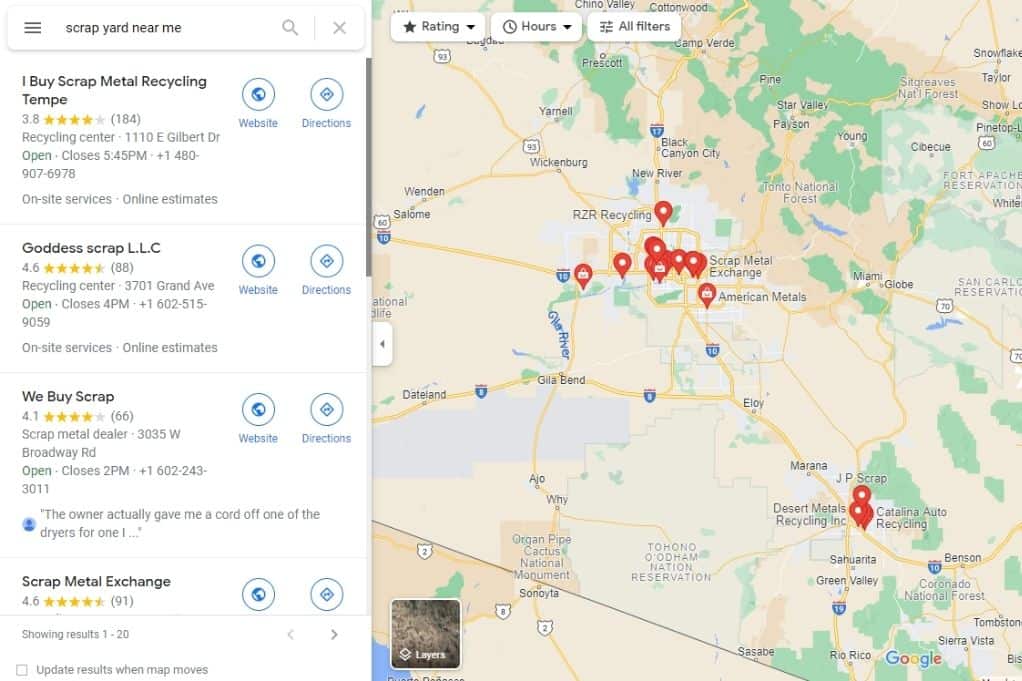
What is scrap metal?
Scrap metal is basically material that is no longer needed and is headed for the scrap pile.
All sorts of metals can be classified as scrap.
Anything from old aluminum cans to corroded pieces of metal car parts makes the cut.
While the concept of scrap metal may seem simple, the reality is that a lot of work goes into recycling these materials.
The most common type of item to get scrapped is cars.
Another big source of metal scrap comes from industrial waste.
Factories and other businesses often produce a lot of waste metal that requires recycling.
These materials can include everything from screws and bolts to massive machinery parts.
Which type of scrap metal is the most valuable?
When it comes to scrap metal, different types of metal are typically arranged within the following 3 categories: ferrous, non-ferrous, and eScrap (aka electronics).
How are these metal categories defined:
Ferrous Metals: The most easily identifiable, when in contact, ferrous metals will stick to a magnet.
Some common types of ferrous metals include your handy cast iron pan and steel.
You can expect ferrous metals to fetch lower market pricing.
Non-Ferrous Metals: These metals will bring in a higher return.
Non-ferrous metals are mainly non-magnetic, including brass, bronze, aluminum, copper, and stainless steel.
E-Scrap Metals: Found within your scrap electronics are your standard platinum, gold, and silver metals.
These metals can often be found on central processing units and hard drives.
How do scrap yards operate?
If you’re looking for a place to dispose of unwanted materials, a scrap yard might be the perfect option.
Scrapyards collect all types of broken-down equipment or recyclable junk.
Scrap yards are convenient for many people to take your broken electronics, bulky appliances, car parts, scrap metal, wires, and even Christmas lights.
The buying price will depend on the market rate, generally established based on supply and demand.
For example, a PC tower will only earn roughly $0.20 per pound.
While #1 Bare Bright Copper Wires is currently hitting $3.56 per pound.
Scrap metal items you can sell at scrap yards
You can sell many scrap metal items at a scrap yard that may not cross your mind.
Whether you are clearing out the house or checking your favorite spots to dumpster dive, keep an eye out for some of these types of scrap metal.
Aluminum (non-ferrous): Aluminum is one type of scrap metal that is easier to find. Aluminum cans are the most common item to be found.
Other forms include aluminum rims, sheets, gutters, siding, and even some pots, trays, and utensils.
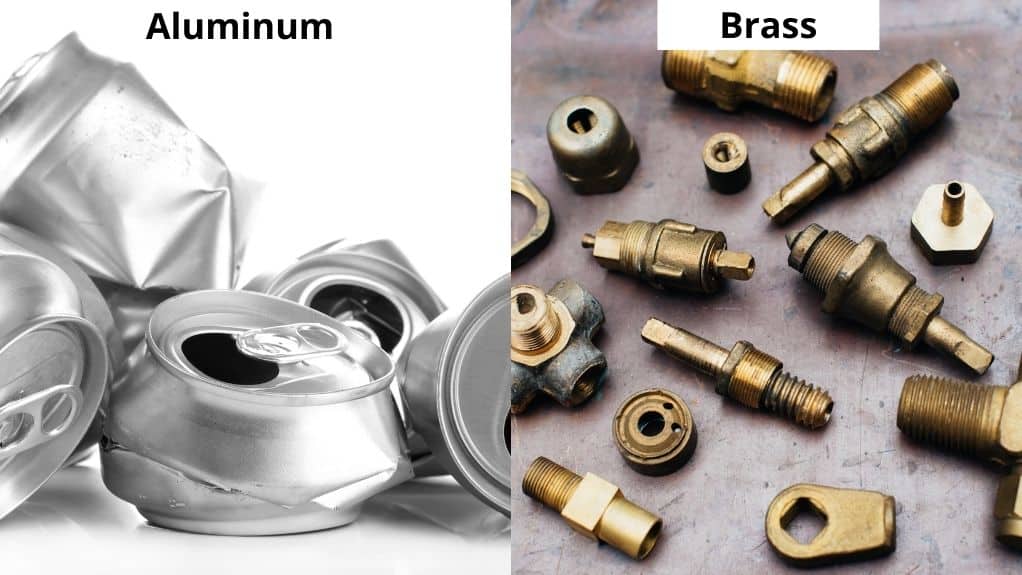
Brass (non-ferrous): Brass can be harder to find if you don’t know where to look. Some musical instruments, such as horns and trumpets, tend to be made from brass.
Other forms include ammunition shells, faucets, bells, radiator parts, and brass bed frames.
Copper (non-ferrous): Copper is used in many items such as coins, pots or pans, light fixtures, pipes, and electrical wiring.
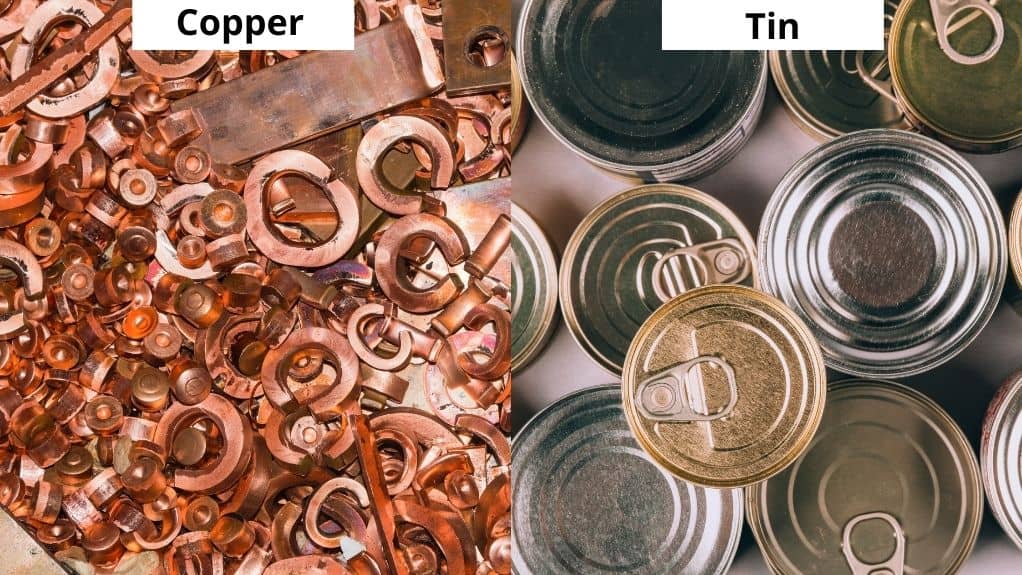
Tin (non-ferrous): Tin is less commonly used, given that many of its uses can be replaced by a cheaper metal (aluminum).
Tin is mainly used for welding, coating cans, and other metal forms to prevent corrosion.
Tin can also be found in cooking bakeware, such as cake pans.
Cast Iron (ferrous): Cast iron is used for many different products, most notably in cast iron pans, dutch ovens, and kettles.
Cast iron is also found on automotive parts, boat anchors, and certain pipes.
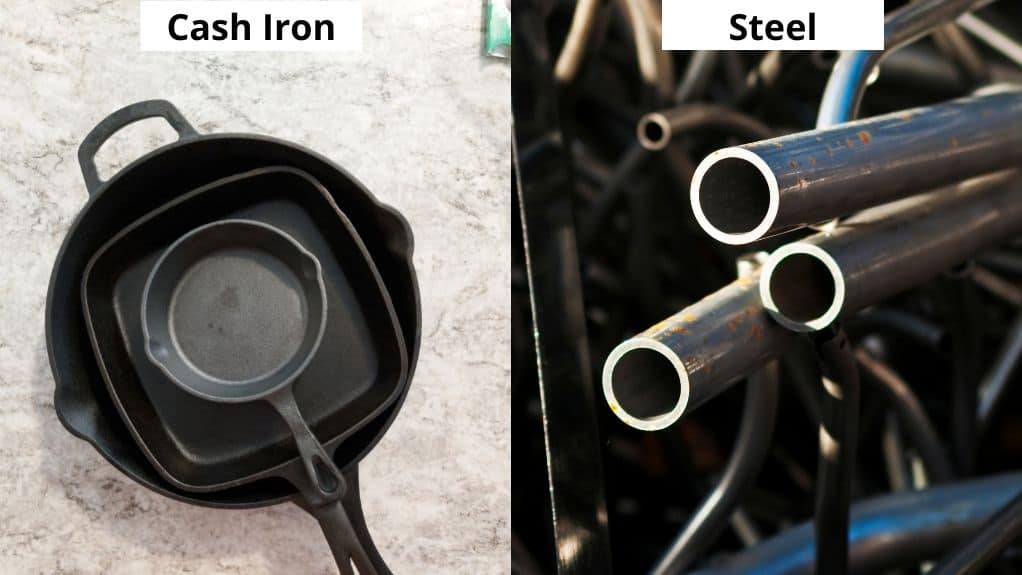
Steel (ferrous): Steel can be found in various items, from washing machines to vehicles to steel beams and even a building’s infrastructure.
Cellphones (ferrous): Who doesn’t have a bunch of old cell phones lying around in a drawer?
Cellphones are a popular form of electronic scrap that can be sold for cash.
Don’t be shy about asking around; you might be surprised by how many friends or family members have an old Nokia or Blackberry stashed away.
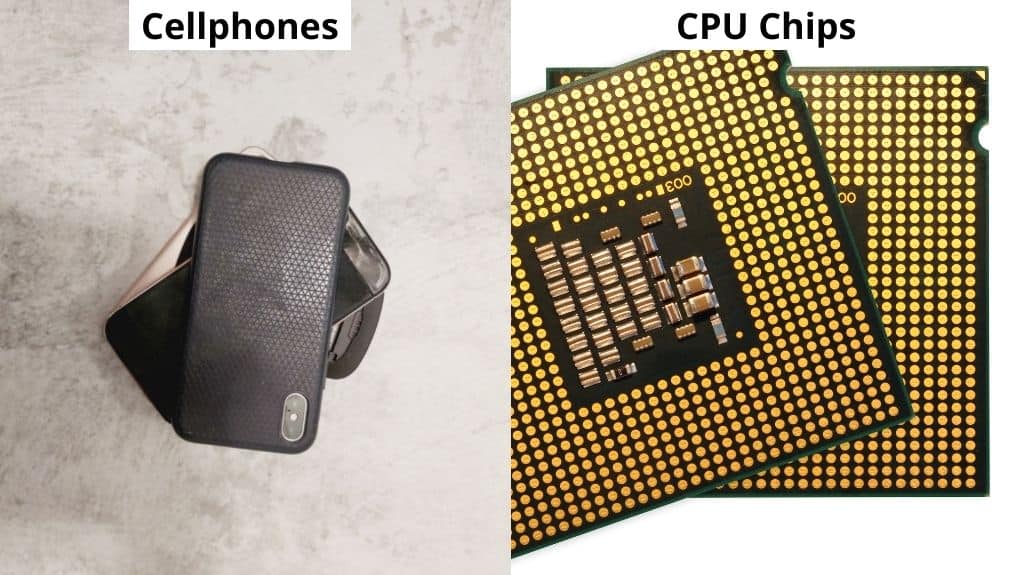
CPU Chips (eScrap): Central Processing Units (CPU) are most commonly found in computers.
However, when searching for scrap CPU chips, don’t forget to check tablets, thermostats, smartwatches, and TVs.
How to sell scrap metal for money?
Want to sell scrap metal?
You will want to follow a few simple steps before heading to the closest scrap yard near you.
1. Learn the different types of metals
If you are new to scrap metal and want to take it on as a side hustle, it’s essential to become familiar with the different types of metal.
While you can quickly learn to identify ferrous vs. non-ferrous metals using a magnet, the sub-types won’t always be so easy to separate.
Unless you have some knowledge in the field, identifying #1 copper tubing from #2 copper tubing doesn’t come naturally to most of us.
But not to worry, once you have a collection of goods, you can take a few pieces to a local scrap yard and ask them for some pointers.
Many people are willing to help, provided you don’t take too much of their time and are polite in your request.
2. Separate your metals
Scrap yards don’t generally allow sorting on-site; time is money.
Separating your scrap metals into individual boxes or containers by type before arriving at the scrap yard is important.
Be sure to label each box accordingly.
If you show up with mixed scrap metal types, you can safely assume you’ll get a lump price for the lowest metal found in the bunch.
Do your best to separate the items by category (ferrous, non-ferrous, eScrap) and then by groups of metals (copper, aluminum, silver, lead, steel, CPU chips).
3. Contact scrap yards near you
Since metal prices are consistently changing, only call your local scrap yards when you are ready to drop by.
Once you find the scrap yard with the best prices, ask if they are willing to honor the price given over the phone, provided you show up on the same day.
4. Bring larger loads when possible
It can be tempting to head to the scrapyard once you have a decent amount of scrap metal to sell; however, we recommend holding off if you can.
Scrap yards will resell the metal they purchase from you.
The more they can sell any given metal, the better pricing they will obtain and, in turn, be able to payout.
Unless space is limited or you need cash immediately, try and collect a decent volume of scrap metal; this will give you an edge when negotiating better pricing.
Tip: Ideally, clean all the items you can. Scrap metal is more likely to fetch a better price if it’s clean versus grimy.
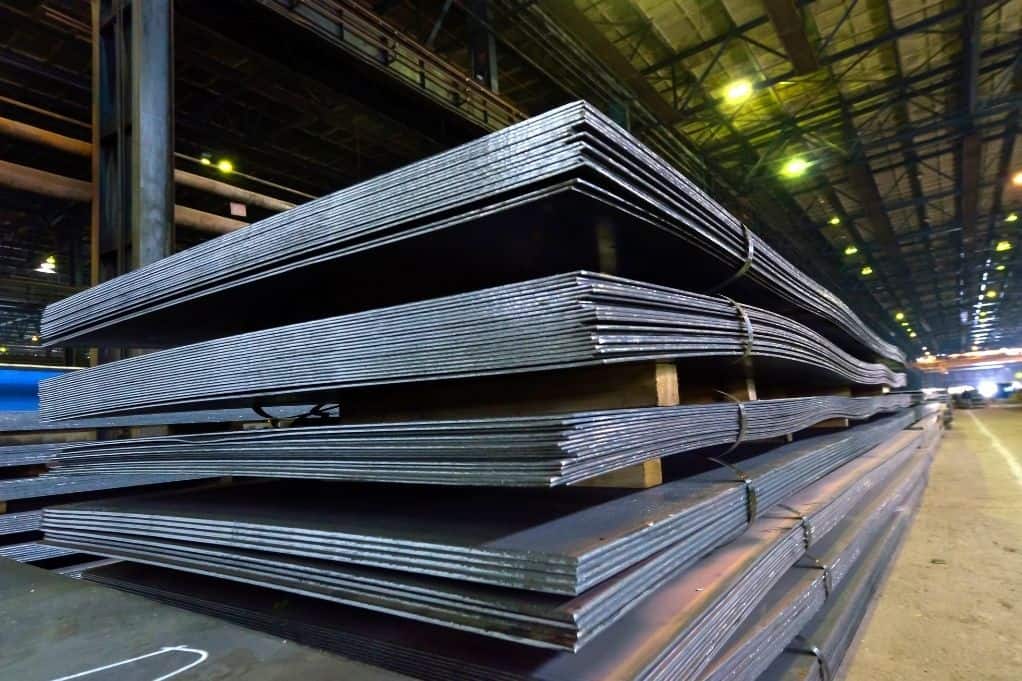
Best metals to scrap for cash?
If you want to make cash selling scrap metal, you’ll want to search for the most common and valuable items to be found.
Whether you decide to start by clearing out your attic or dumpster diving for scrap metal, these 4 hot ticket metals can help rack in cash:
- Aluminum
- Brass
- Copper
- Silver
Silver is worth the most among the four metals, with copper coming in second.
However, scrapping a large amount of silver is rarer unless you come across a pile of silver jewelry, antique silverware, or CPU chips.
To find the most copper, Tin Man Scrapper has a helpful video on identifying Copper from coated aluminum or steel.
In fact, his entire channel is filled with great tutorials on finding and sorting scrap metal.
Should I sell to a scrap yard or salvage yard?
While some may use the terms salvage yard and scrap yard synonymously, there is a difference between these two businesses.
As the name describes, scrap yards are only interested in scrap metals.
In contrast, a salvage yard will do its best to maximize profits by recouping auto parts and any antifreeze, oil, or gas from the vehicle.
You will generally get more bang for your buck from your local salvage yard if you have an entire car to scrap.
Are refrigerators worth scrapping for metal?
It can be worth it if you are interested in scrapping large appliances such as refrigerators, provided you can find a scrap yard that accepts the fridge intact.
The compressors on older refrigerators contain the refrigerant known as freon.
Not all scrap yards will accept a fridge with the refrigerant still inside.
While you could technically hire someone to drain the freon safely, there are rules to consider.
The United States Environmental Protection Agency (EPA) has strict regulations regarding the disposal of Freon.
A Section 608 certified technician is required for the task, and the cost will likely undo any financial benefits of selling the compressor separately.
Do you have to pay taxes when selling scrap metal?
Yes, any generated income needs to be declared on your income taxes and is subject to taxes.
You can find more information on reporting income from the sales of scrap metal here.
You can also refer to the IRS’s website regarding filing and paying your business taxes.
